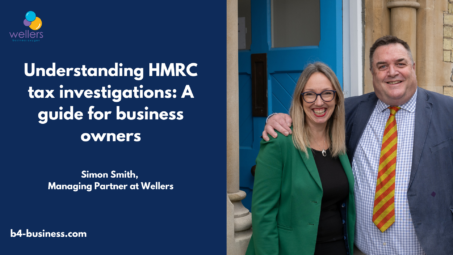
UK Bond Market: What You Need to Know
The UK government bond market is once again making headlines as yields on longer-term debt surge to levels not seen in decades. This latest development has raised concerns among investors and policymakers, presenting significant challenges for the government’s fiscal plans.
UK Bond Market
Key Highlights from the Bond Market
- The 30-year gilt yield has reached 5.40%, the highest level since 1998.
- The 10-year gilt yield has climbed to 4.84%, its highest point since 2008.
- Over the past year, yields on both maturities have risen by around 1 percentage point, marking a substantial shift in the bond market.
Additionally, the pound has weakened against the dollar, trading at USD 1.23, further complicating the economic landscape.
Why Are Yields Rising?
The recent surge in UK gilt yields can be attributed to several factors:
- Concerns Over Fiscal Policy
The government’s tax and spending plans, outlined in the October Budget, have caused alarm in the bond market. Key changes, such as increases in National Insurance employer contributions and the National Living Wage in 2025, are fuelling fears of inflationary pressures. - Global Influences
The UK bond market is also reacting to global trends. Rising yields in US and German bonds reflect broader unease in global fixed-income markets. Additionally, the forthcoming inauguration of a new US administration has stoked fears of inflationary policies, including tariffs and protectionism. - Interest Rate Dynamics
Despite significant interest rate hikes by the Bank of England since late 2021, rates have only been cut twice in 2024. Markets had anticipated multiple cuts in 2025, but forecasts have been downgraded, keeping bond yields elevated.
Implications for the UK Government
Higher bond yields directly translate into increased borrowing costs for the government. This comes at a critical time for Chancellor Rachel Reeves, who is under mounting pressure to deliver on spending pledges made during the election. The rising cost of borrowing may compel the government to reconsider its fiscal strategy, potentially leading to changes in spending or taxation.
A Broader Market Perspective
The current bond market dynamics echo previous crises, although the level of panic seen during the Liz Truss mini-budget fallout in 2022 has not been replicated. Nevertheless, experts caution that the UK could be on the brink of another fiscal challenge.
Kathleen Brooks, research director at XTB, underscores the precarious position of the UK:
“The UK is potentially on the cusp of another fiscal crisis, without either intervention from the Bank of England or government action to raise taxes or cut spending. Neither option is attractive when the economy is stagnating.”
What Does This Mean for Investors?
While higher gilt yields can provide more attractive returns for bond investors, they also indicate increased risk. Long-term gilt yields, such as the 30-year, often appeal to pension funds due to their predictable cash flows. However, retail investors are less likely to be drawn to these yields, given the lengthy wait for returns and the associated risks.
Mike Riddell, portfolio manager at Fidelity International, highlights growing concerns over government spending and deficits:
“Investors are demanding a higher risk premium to compensate for owning longer-dated government bonds. This reflects unease over fiscal policies rather than inflation concerns.”
Broader Economic Impact
The bond market’s turbulence is not confined to fixed-income investors. A weaker pound has implications for both imports and exports, while anxiety in the bond market could spill over into equity markets.
As we navigate the complexities of 2025, it remains to be seen how the government will address these challenges and restore confidence in the UK’s economic trajectory.
Become a B4 Member
More in Finance

How B4 members could benefit from Salary Exchange before National Insurance...
Sarah Herd, Head of Workplace, Wren Sterling

B4 Finance Ecosystem: The specific opportunities and challenges that women encounter...
Charles Stanley are committed to fostering a proactive approach to investing and their goal is to empower women to make well-informed financial decisions and capitalise on potential growth opportunities. They also strive to support women in crafting their unique financial narratives, enhancing their knowledge, and understanding of investment strategies, and building a robust and influential female network.

Understanding HMRC tax investigations: A guide for business owners
Simon Smith, Managing Partner at Wellers, discusses what business owners need to know about tax investigations, including whether you could be a target.
From this author

Pioneering planning scheme shortlisted for economic growth award
An exciting planning project in the Vale of White Horse has been recognised by being shortlisted for an industry award.

Pioneering Careys Construction Campus to be piloted at Oxford North
Oxford North, the new £700 million innovation district in Oxford, is to welcome Careys Construction Campus to provide free, flexible on-site ground working construction training which will guarantee an offer of an interview on completion of the training and boost jobs and talent in the industry.

Projects at Nicholsons
Nicholsons has built a strong reputation for delivering exceptional landscaping and forestry projects across a diverse range of clients. From small private domestic gardens to large-scale commercial developments, the company continues to push the boundaries of creativity and sustainability in landscape design.


